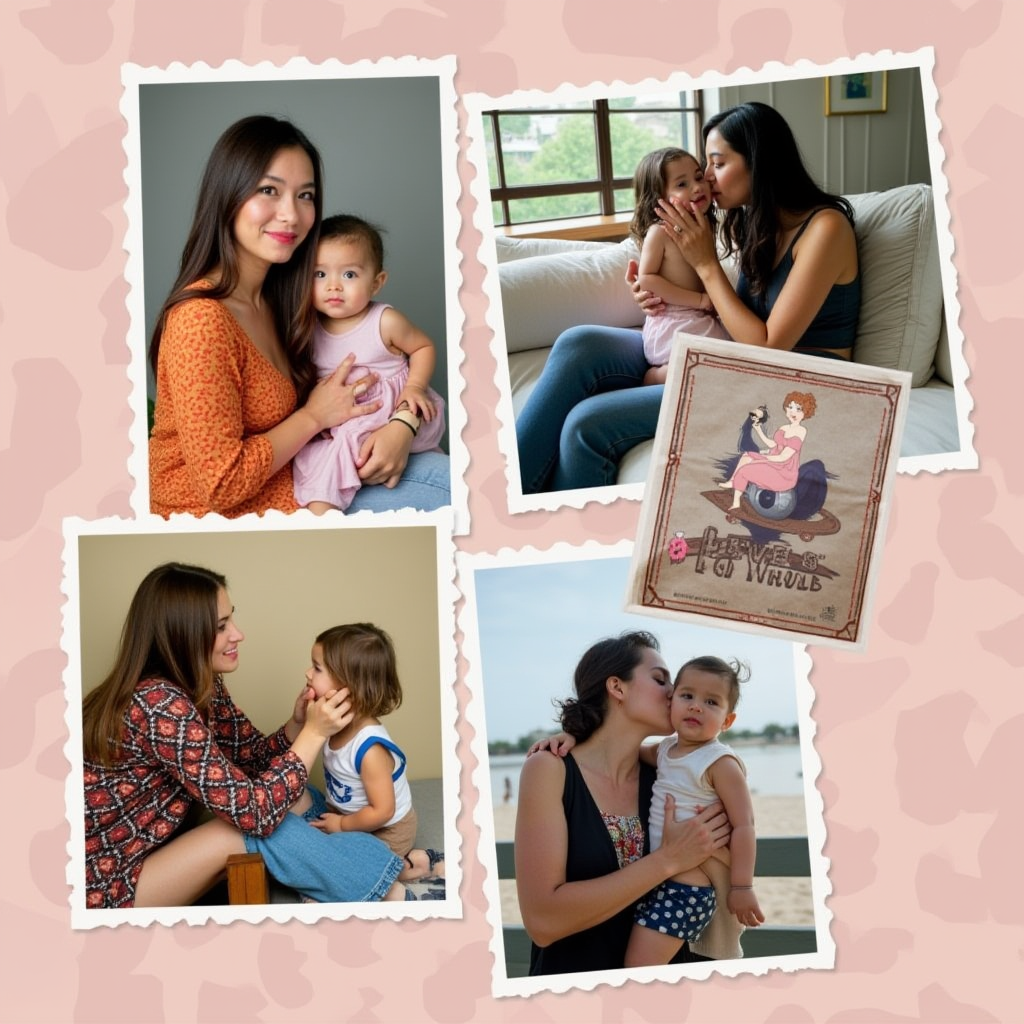Motherhood is Way Weirder than Nightbitch Makes It Out to Be

If there’s one micro-genre I love in this world, it’s the “mothers behaving badly,” from Steel Magnolias to Hustlers. Motherhood often appears as a daunting journey fraught with trials and tribulations, and sometimes even absurdity. As an avid follower of narratives that explore maternal figures who defy societal norms, I was intrigued by the way these stories attempt to capture the essence of motherhood.
In Hustlers, Jennifer Lopez’s character, Ramona Vega, succinctly describes motherhood as a “mental illness.” This hyperbolic statement echoes many mothers’ sentiments regarding the chaos and unpredictability that accompany raising children. Another film, Tully, directed by Jason Reitman and Diablo Cody, features Charlize Theron portraying a new mom so overwhelmed she hallucinates help in the form of a nighttime nanny.
The Lure of Motherhood Narratives
As I transitioned from being a nanny to a full-time journalist in my twenties, I retained a deep fascination with motherhood and childrearing. Authors like Maggie Nelson, Alice Walker, Meaghan O’Connell, Michelle Tea, and many others have written extensively about the uncanny complexities of creating another person from your own flesh and guiding them through life.
Meaghan O’Connell, in her memoir And Now We Have Everything: On Motherhood Before I Was Ready, vividly describes the pain of labor as a “soul-crushing” experience. This portrayal resonates with many mothers who have endured similar trials and yet find themselves expected to continue providing unwavering care.
The Monstrous Side of Motherhood
Monstrosity is prevalent throughout the motherhood canon, whether it’s Barbara Almond’s book titled “The Monster Within” or Jenny Offill’s term “art monster,” highlighting the conflict between familial duties and personal ambitions. Writers like Rebecca Solnit have explored how working mothers attempt to balance their responsibilities.
The novel Nightbitch by Rachel Yoder encapsulates this paradox, delving into the absurdity of societal expectations placed on women. The film adaptation, starring Amy Adams, brings these themes to life but falls short in capturing the nuanced complexity of motherhood’s true essence.
The Film Adaptation of Nightbitch
I anticipated that Nightbitch would offer an innovative critique on societal expectations of women. However, the film primarily focuses on its protagonist’s transformation into a literal dog, which feels more like cartoonish fantasy than a profound commentary.
- The film presents intriguing moments when Adams’s character struggles silently with her responsibilities and imagines slapping her dismissive husband—scenes that convey underlying tension rather than overt conflict.
- Adams’s decision to visit the library post-transformation hints at deeper explorations of women’s mystical maladies, akin to those in Peruvian folklore about bird women. This context adds a layer of introspection missing from simpler narratives.
Motherhood: A Rich Tapestry Beyond Simple Metaphors
Is there anything more surreal than giving birth? The act itself is nothing short of miraculous, and the ongoing care mothers provide for their children requires extraordinary strength. These feats deserve a richer metaphor than mere cynanthropy—transforming into dog-like forms—as seen in Nightbitch.
Waiting for a child to fall asleep while suppressing tears or frustration is yet another kind of miracle performed daily by countless mothers worldwide. Representations like “going dog mode” fail to capture the full spectrum of what motherhood entails.
Motherhood in Modern Literature and Film
The bizarre, often surreal nature of motherhood makes it a compelling topic for modern literature and film. It’s essential that these narratives do justice to the complexities mothers face every day. From societal pressures to personal sacrifices, the stories we tell about motherhood can either uplift or misrepresent.
As storytellers and consumers of media, we must strive for authenticity in how motherhood is depicted. The challenges are real, the emotions raw, but so too is the profound love and resilience that define being a mother. Motherhood deserves to be portrayed with all its intricacies, beyond clichés or oversimplified metaphors.
In conclusion, while Nightbitch attempts to explore the peculiarities of motherhood, it falls short in conveying the true depth and breadth of maternal experience. It’s crucial for future narratives to delve deeper into this rich subject matter, offering insights that resonate with mothers’ realities worldwide.